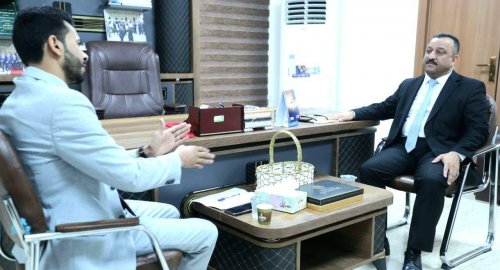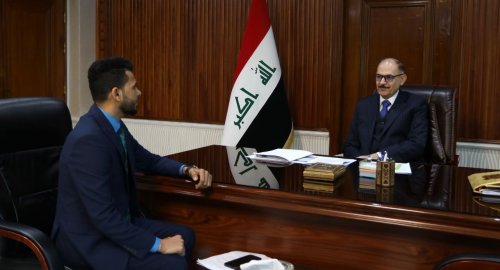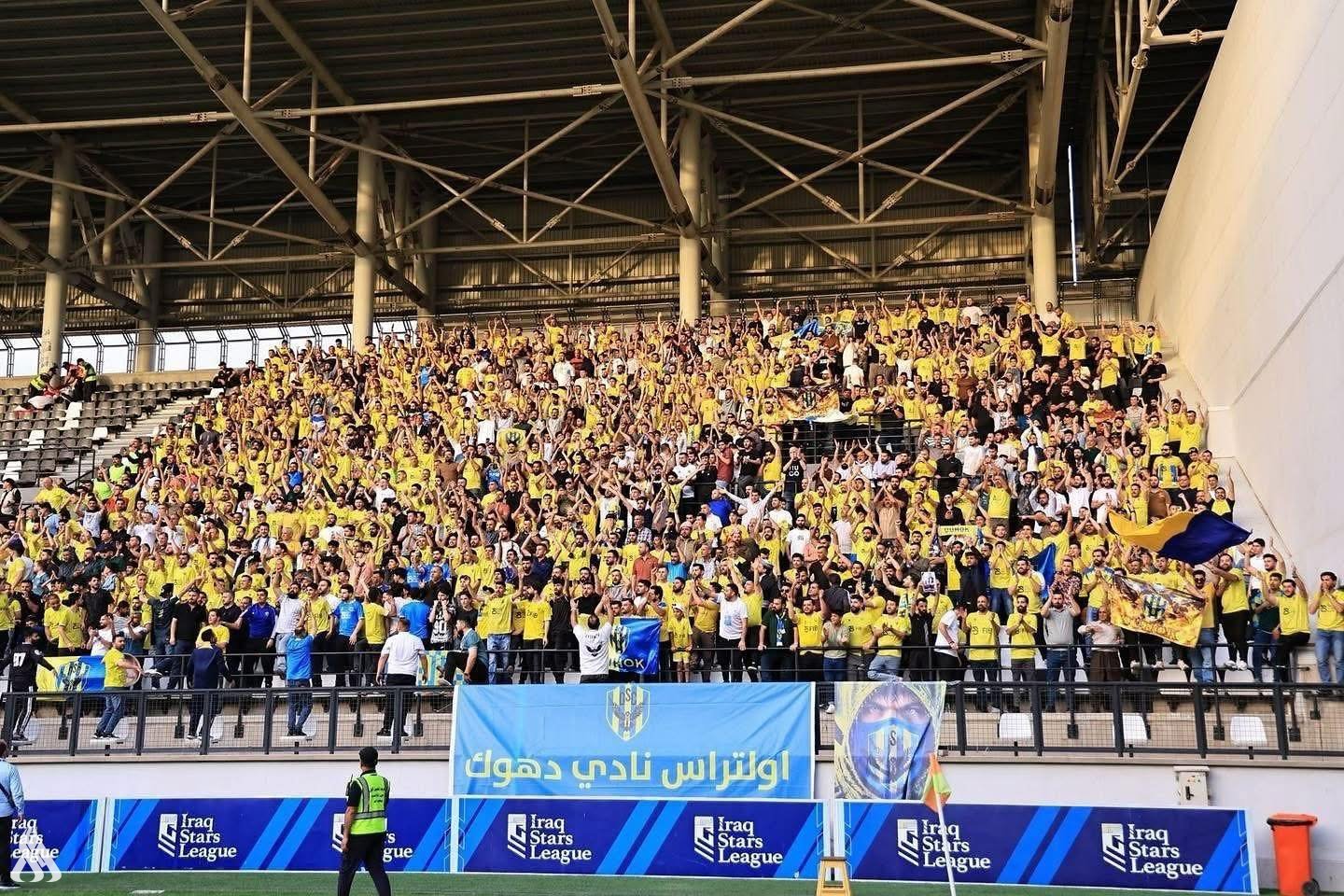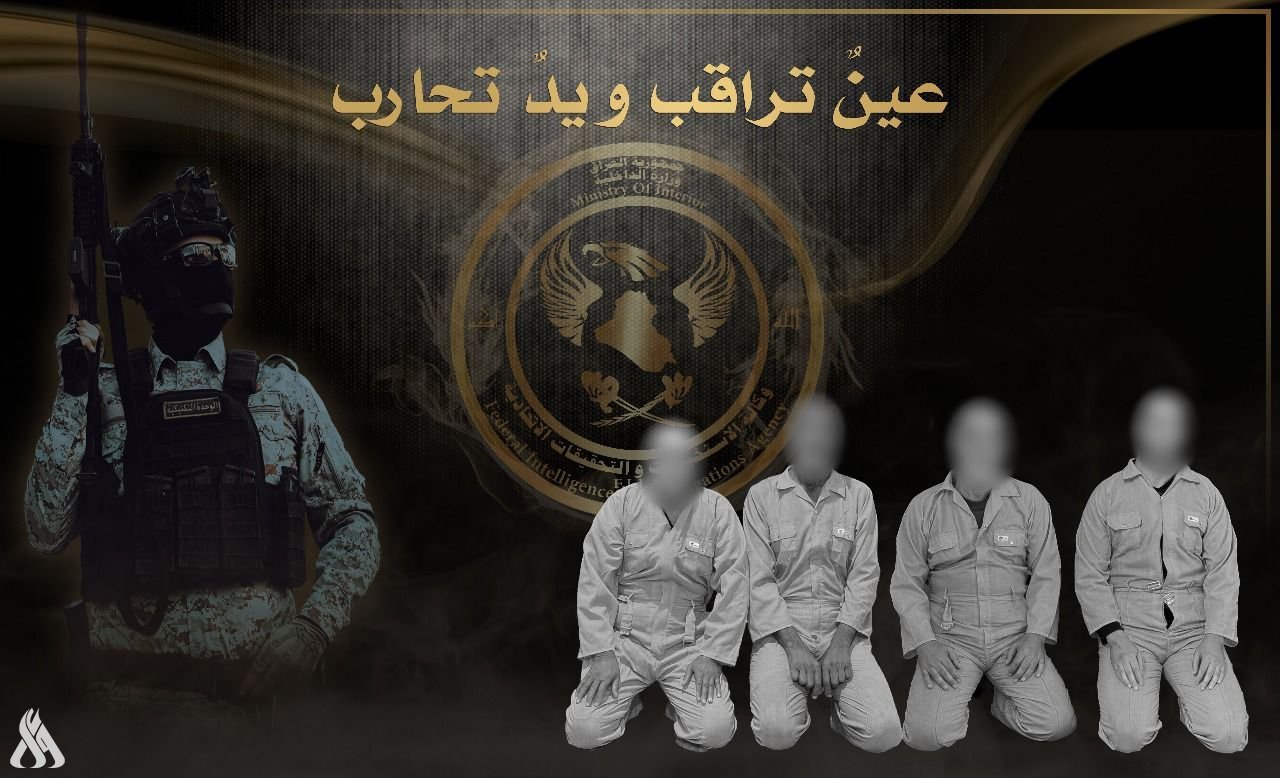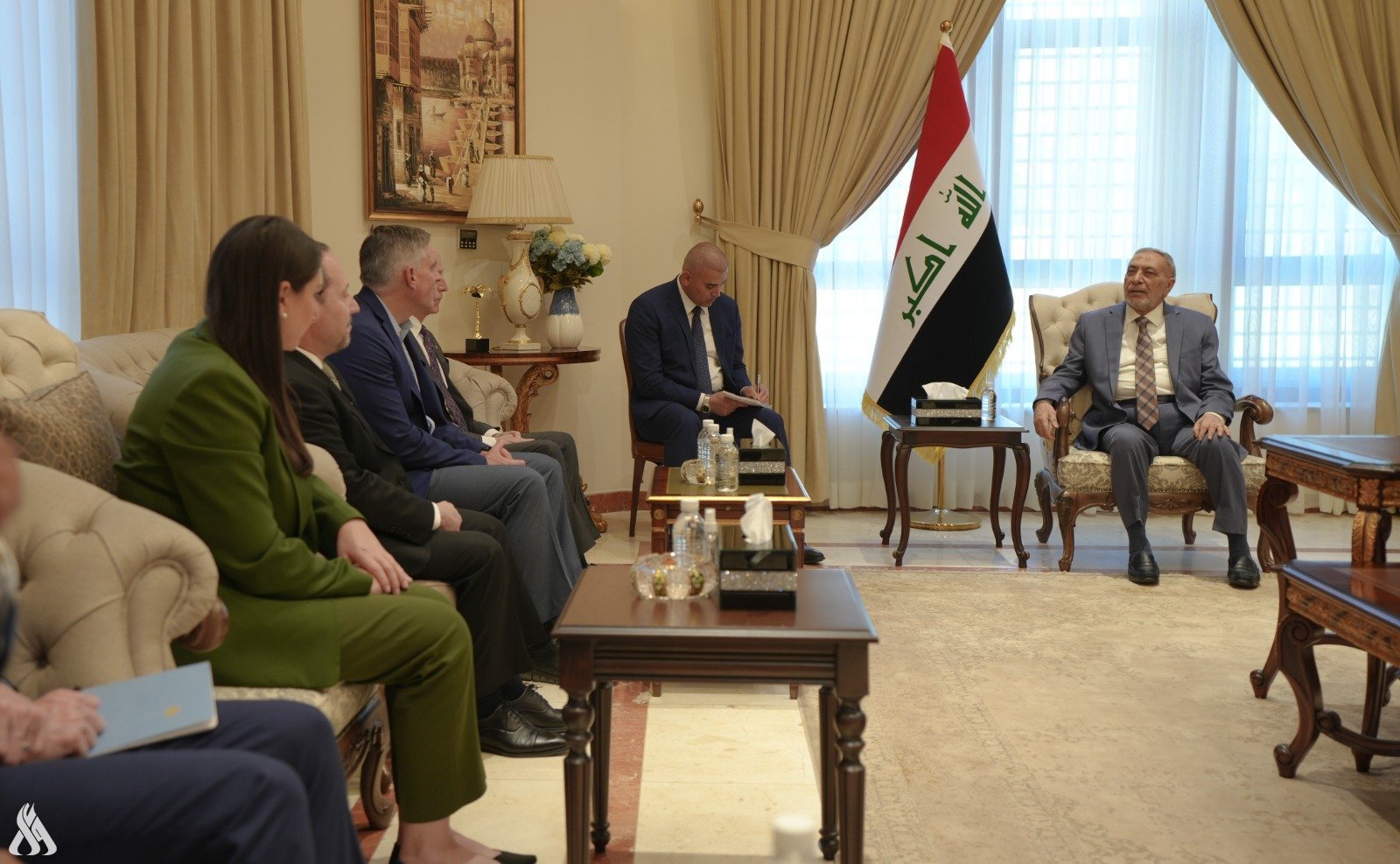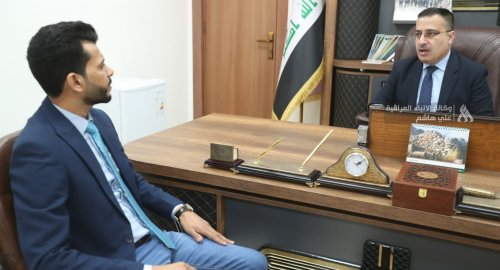
Including the former regime... (INA) opens 4 files with the President of the Supreme Criminal Court

- 30-10-2023, 12:30
Baghdad-INA
The President of the Supreme Criminal Court, Judge Ali Kamal, decided on Monday, four files, including the file of the former regime and the related cases and rulings, while he explained the mechanism for selecting judges and prosecutors, he revealed in numbers a statistic of the cases and rulings under the responsibility of the Criminal Court.
The President of the Supreme Criminal Court, Judge Ali Kamal, said in an interview with the Iraqi News Agency (INA): “The jurisdiction of the Supreme Criminal Court is criminal, and its jurisdiction applies to every natural person, whether Iraqi or non-Iraqi, residing in Iraq and accused of committing one of the crimes stipulated in Articles (11), (12), (13) and (14) of Court Law No. 10 of 2005, committed from 7/17/1968 until 5/1/2003, in the Republic of Iraq, or any other place.”
He added, "The crimes include:
A- The crime of genocide.
B- Crimes against humanity.
C- War crimes.
D- Violations of Iraqi laws stipulated in Article (14) of this law.”
Selection of judges and prosecutors
Kamal explained, “Article (4) of Court Law No. 10 of 2005 specifies the method and conditions for selecting judges and public prosecutors and terminating their service, as the Supreme Judicial Council nominates all judges and public prosecutors in this court.”
He continued: “They are appointed by a decision from the Presidency Council after the approval of the Council of Ministers, and that they are in the first category as an exception to the provisions of the Judicial Organization Law and the Public Prosecution Law, and their salaries and bonuses are determined by instructions issued by the Council of Ministers,” indicating that “the periods of their assuming responsibility are not specified.”
Kamal pointed out that "orders were issued to change a number of them for several reasons, including organizational and neutral reasons for example but not limited to, Judge Raouf Rashid has asked the court’s presidency to step down from hearing the Halabja case, as he was born in this city and fears unconscious bias."
Statistics on cases and rulings
Judge Kamal says: “23 judgments were issued in the main cases of the former regime, in which the number of convicts was 159 and 138 were released from the criminal courts in this court, and (6178) cases were closed in the investigation houses temporarily or permanently due to insufficient evidence obtained against them defendants or their deaths.”
He pointed out that "151 rulings were issued in separate cases, including (41) judgments and (110) releases," stressing that " cassation will based on the ruling of the court."
The former regime
Kamal explains, “23 major cases related to the former regime, all of which have been resolved, concern the defendants who were arrested at the time, and there are fugitive defendants wanted in connection with these cases.”
Regarding the 55 wanted persons who held power and positions during the era of the former regime, Judge Kamal said: “33 of them were arrested and tried, while 17 of them are still on the run, and 4 died before they were arrested, while another died in detention.”
He pointed out that "there are cases related to Saddam Hussein's family, which the court is considering, including the issue of wasting national wealth, as arrest warrants were issued against Saddam Hussein's family in accordance with Article 2/14 of Court Law No. 10 of 2005."
He stressed that “the staff or those associated with the former regime and Ba'athism were not included in the general or special amnesty, in accordance with what was stated in Article 27/Second of Court Law No. 10 of 2005, which stipulated: (No party, including the President of the Republic, may pardon Or reduce the penalties issued by this court, and the penalty shall be enforceable after (30) days from the date on which the judgment or decision becomes final.
The foreign litigation
The President of the Supreme Criminal Court points out that “in accordance with what was stated in Rule (22/Second) of the Rules of Procedure and Collection of Evidence attached to Court Law No. 10 of 2005, which stipulates: (Iraqi ministers, government offices, investigation officers, international organizations, or “Any other agency or organization may submit a complaint to the investigating judge of the Iraqi Supreme Criminal Court in the case of the two British soldiers, the legal representative of the Multinational Forces requested a complaint against the perpetrators of the murder of the two British soldiers in Basra after the events of 2003.
He added: "Because the time of the crime within the jurisdiction of the court was 3/13/2003, the investigating court referred the case in accordance with Legal Article 13, Paragraph First/A of Court Law No. 10 of 2005."
Duhok of Iraq and Qadsia of Kuwait match kicks off
- Sport
- 25/04/15
Four Daesh terrorists detained in Salahuddin
- Security
- 25/04/14
Two ISIS hideouts destroyed, killing those inside in Salah al-Din
- Security
- 25/04/13

